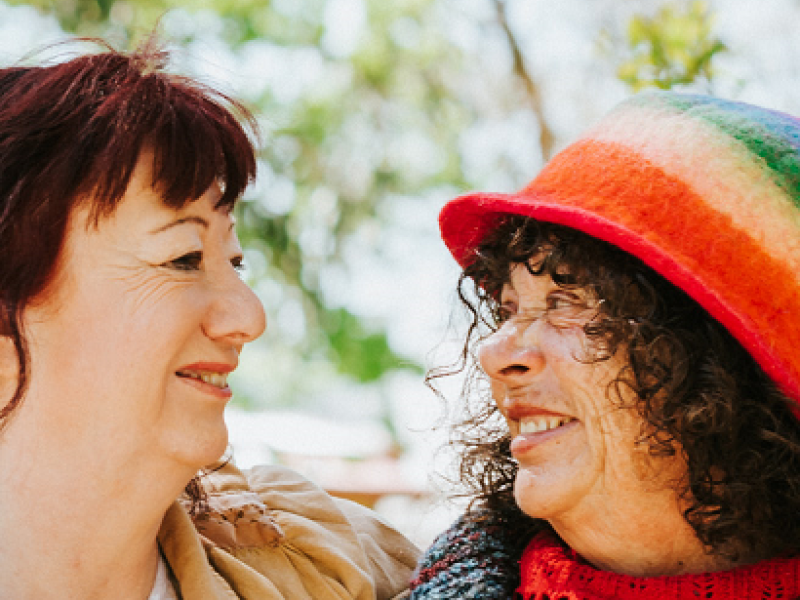Mind Australia has been chosen to operate a new peer-led sub-acute residential mental health service in Victoria Park, Western Australia.
The St James Transitional Care Unit, funded by the Western Australian government, provides two different streams of support to suit people’s different needs – a Community Care Unit, offering long term, less intense support, and a ‘Step Up Step Down’ service, providing short term with moderate to intensive support.
St James Transitional Care Unit is a community -based model of care with recovery-focused and person-centred service that accommodates up to 40 people. Residents can call the St James Transitional Care Unit home for between two weeks to six months.
The service supports people aged between 18 to 64 years who are experiencing severe mental health and wellbeing challenges to work on their recovery goals, this typically includes being well enough to live independently, work or study, and becoming active participants in their communities.
The St James Transitional Care Unit is staffed with Mind Australia peer practitioners in an integrated clinical partnership with mental health clinicians from Eastern Mental Health Services. It fills an important gap in supporting residents with mental health and wellbeing challenges who may require additional supports to transition from a hospitalisation, or to help them stay in the community and avoid an Emergency Department presentation.
Mind’s peer practitioners are trained mental health professionals who draw on their own lived experience of mental ill-health in supporting and inspiring clients in their mental health recovery.
Denise Cumming, Mind’s Executive Director of Operations for Western Australia, said peer-led psychosocial support services like the St James Transitional Care Unit are vital within the mental health system.
“Mind is a leader in peer and lived experience innovation. We support and contribute to new approaches of service design that are led by people with lived experience of mental ill-health,” Ms Cumming said.
“Practitioners with a lived experience of mental health challenges can inspire the confidence clients need to take positive steps in their mental health recovery journey – we have seen evidence of this over many years.
“Mind is committed across our many mental health services to ongoing strong partnership work with lived experience leaders and organisations across the sector.”
Mind CEO Gill Callister said the St James Transitional Care Unit provides a much-needed alternative to hospitalisation for people experiencing mental health and wellbeing challenges.
“This service provides a more tailored support for people to achieve sustained long term mental health recovery,” Ms Callister said.
“Together with Eastern Mental Health Services our full complement of trained peer practitioners are providing holistic wrap around support so that clients can access the help they need to recover and life fulfilling and independent lives in the community.”
Chief Psychiatrist of Western Australia Dr Nathan Gibson said the service will help reduce the strain on emergency departments.
“We have a long-standing tradition in Western Australia of focussing on acute services and in the last 10 years or so there has been a development of non-government services. To have a much more integrated service is really important, particularly focussing on rehabilitation and recovery,” Dr Gibson said.
“If we can put more pieces into the system that are effective for rehabilitation and recovery, I believe that is important to reducing the number of people turning up to emergency departments.”
Psychosocial supports – like the kind provided by Mind Australia – help people with mental health and wellbeing issues manage daily activities, rebuild and maintain connections, engage with education and employment, and participate fully in the community. These are supports which help people take positive steps in their recovery journey.
If you would like more information about Mind services, please contact us via Mind Connect or by phone: 1300 286 463.
If this article raises concerns for you, please call Lifeline on 13 11 14. Aboriginal and Torres Strait Islanders can also call 13 YARN (13 92 76) a 24/7 national crisis support telephone service staffed by Aboriginal and Torres Strait Islander peoples.
